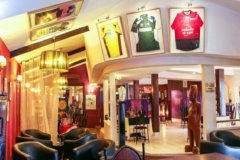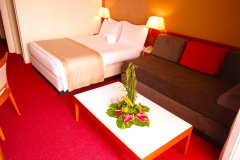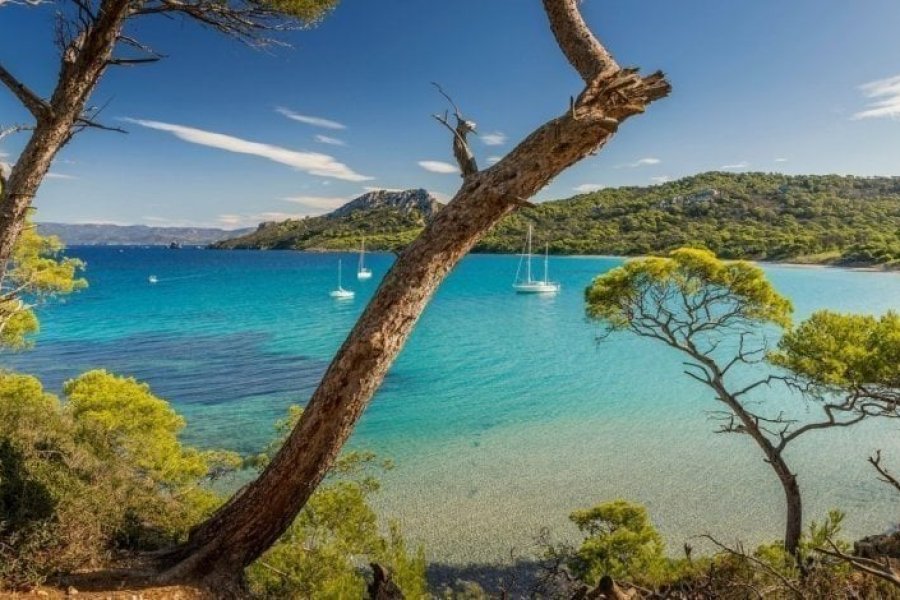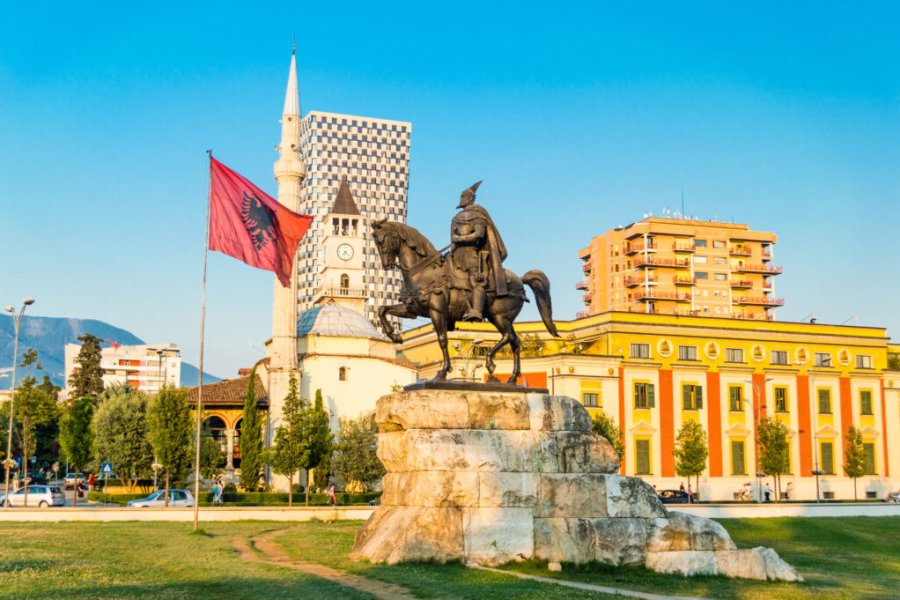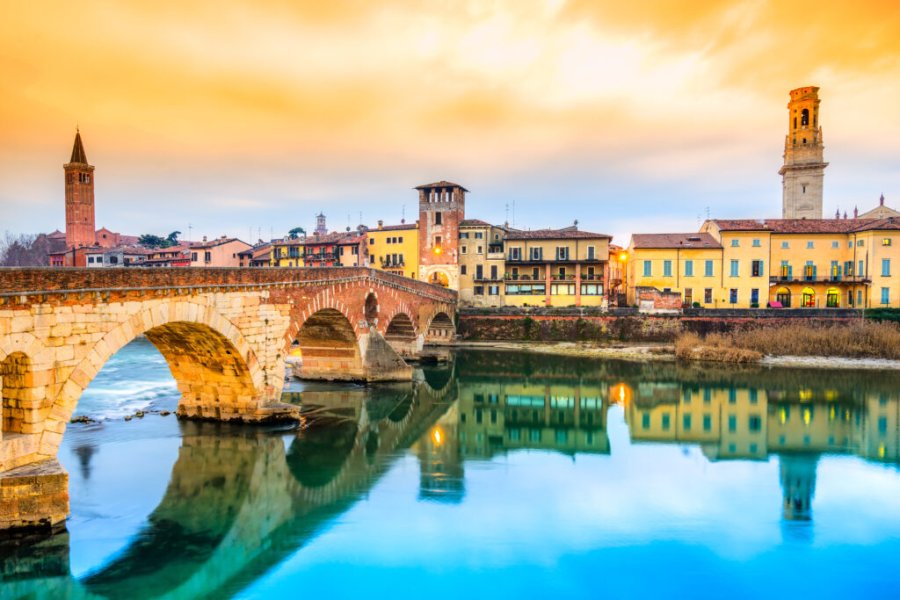Travel Guide Douala
Find an accommodation
Advertising
Frenetic, rough, effervescent, African. This is called Douala, the economic Capital and the largest city in Cameroon. One city to development as fast as anarchic and to uncertain orientation. Its long arteries, urban tentacles, stretch along the roads and the nearby thoroughfares and Douala easily drowning the novice in the stream of its meanders, neighborhoods, shops. Its increase took root in the 1990 s due to the devaluation of the CFA franc, strikes and the ensuing recession. Thousands of Cameroonian people from all the provinces affected by unemployment came to seek fortune in the city. In a few months, Douala became a crowded, cosmopolitan and impoverished urban centre.The newcomers settled on the periphery, rapidly constituting slums to anarchique development. For a long time in the hands of the opposition, the city was also somewhat abandoned by the central power that chose Yaoundé. The maintenance of the streets had been felt. Most roads were lined with a poule that widened at each rainy season.The situation had improved somewhat, however, since the State had relaunched the road-building work with the support of Chinese technical cooperation, but many roads were still on the ground and difficult to reach.As well, the conditions of life in Douala are particularly difficult and the hygiene of homes is often precarious, aggravated by a tropical tropical climate and the marshes on which the city is built. Traffic is dense and difficult, and insecurity is worrying. The number of vehicles, extremely important, and the road infrastructure, which is very inadequate, densifient the traffic to the extreme. The dry season between November and May is more favourable to tourism, because during the rainy season storms are violent and frequent. The sky is hidden almost permanently by a thick layer of clouds and it is not uncommon for the streets of the city to be completely flooded, preventing cars from moving. Douala is divided into 15 districts, the main ones being Bonanjo, administrative centre (including the presidential residence, city hall and governor's palace) and business district, Akwa, an important economic and commercial centre, Bonapriso and Bali, more residential districts, Bassa, a district with a large industrial area, New Bell, Deido and Bepanda, the populated districts and Bonabéri, on l.' other bank of the river Wouri, where the bus station is located.The city, noisy and polluted, has little tourist interest. However, the presence of a major business clientele has enabled the development of hotel infrastructure and quality catering services (even though rates are very high, compared to the rest of the country) as well as the implementation of most major Cameroonian and foreign banks.And this large port of several million inhabitants, located on the river Wouri, is set up as a gateway to Cameroon both in the air and in the sea. Its airport remains the only one, with the Yaoundé airport, to be able to host international flights. Its stations, road and rail, also allow the traveller to organize his trip to discover the country.The city remains a good base for exploring the natural sites of South-western Cameroon, which are much more interesting in tourism, such as Les beaches, Mount Cameroon or the surrounding area of Nkongsamba. Without wonderful landscapes or unforgettable museums, Douala, however, has a soul, which only the? nights suggest. His cabarets, discotheques and nightclubs are among the most animated in Africa.
What to visit Douala?
Advertising
Suggested addresses Douala
x 62
The best restaurants
x 67
The best hotels
x 13
The best visits
x 18
Travel agencies
x 55
The best transportation
x 40
The best outings
x 10
Sport and leisure activities
x 21
The best treats
x 4
The best care
x 24
The best stores
x 4
The best home-deco
x 21
The best services
x 3
The best events
x 1
The best naughty points
x 17
The good plans
Weather at the moment
Advertising
Organize your trip with our partners Douala
Transportation
Book your plane tickets
Car Rental
Boat rental
Accommodation & stays
Find a hotel
Holiday rental
Find your campsite
Tailor-made trip
Immersion travel
Services / On site
Activities & visits
Find a doctor

